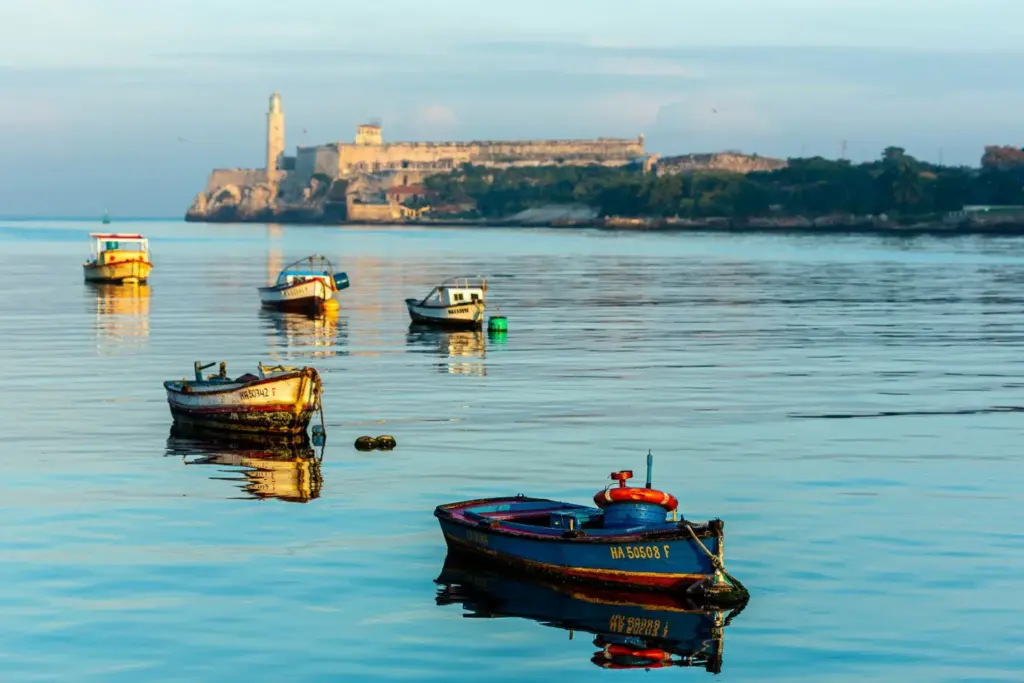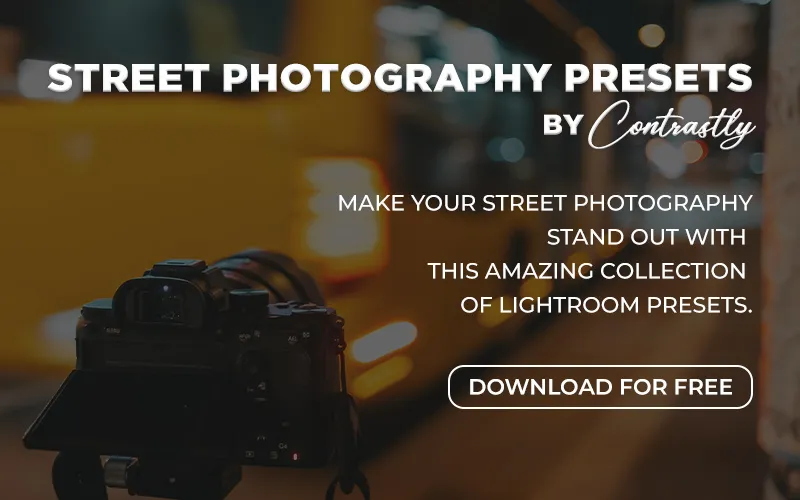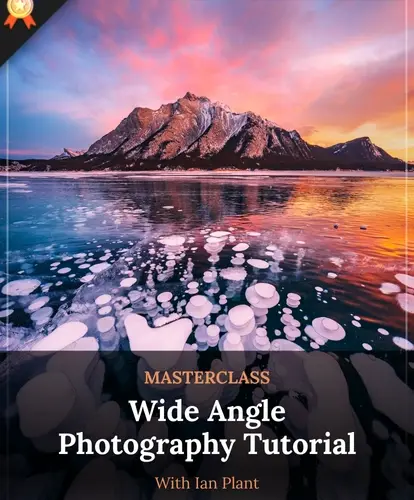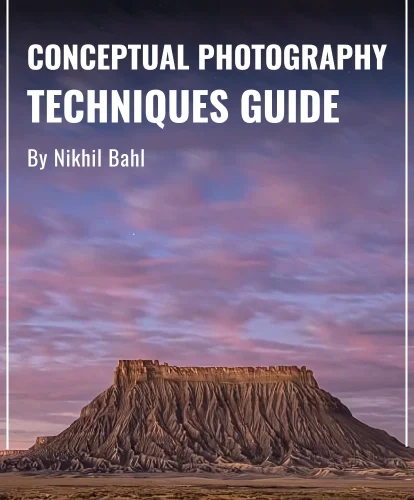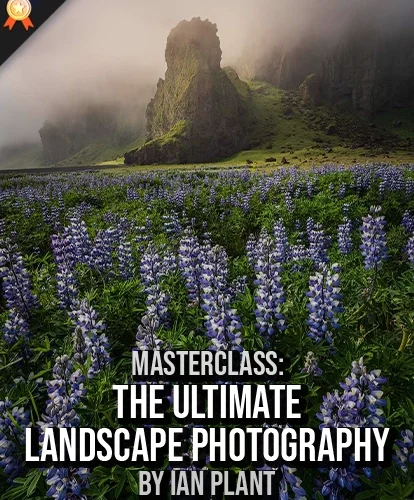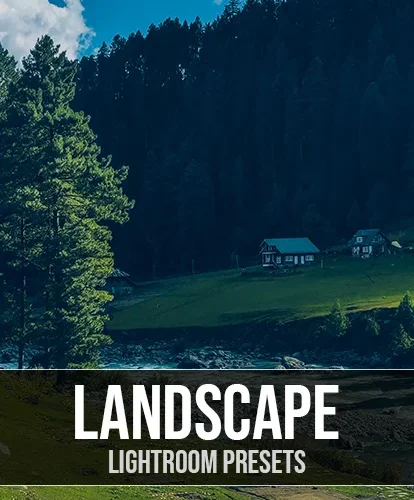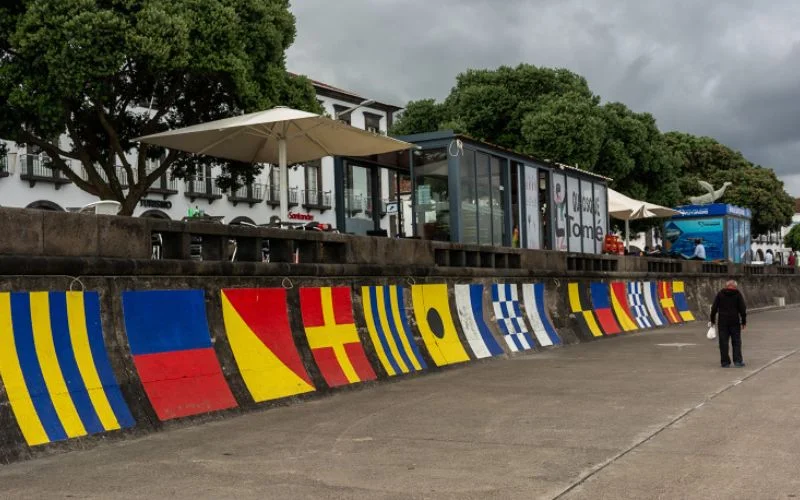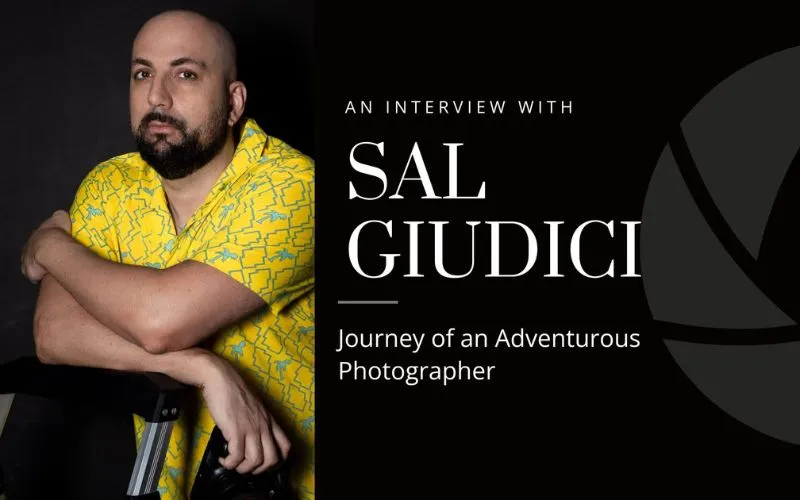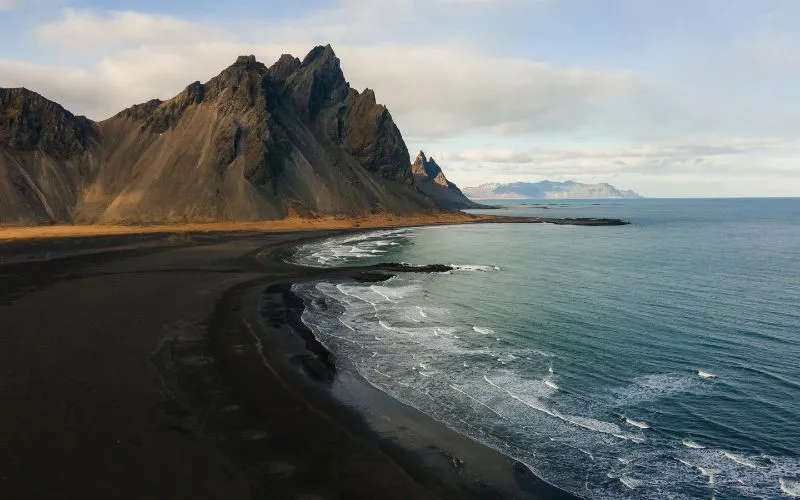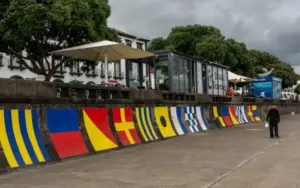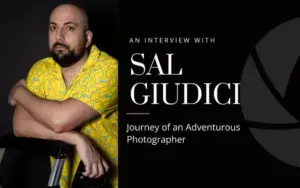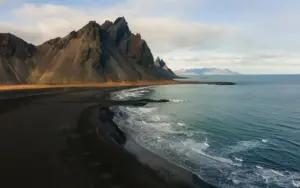We are delighted to host this amazing interview with photographer Anthony Apes. Anthony was just six when he got introduced to the world of photography and it has been his obsession ever since that. What makes him stand out from others is his unique way of capturing cityscapes at dawn.
Over the past 20 years, he has mastered the art of street photography. He truly an inspiration for everyone who wants to follow photography as a career path.
In this interview, he shares some wonderful experiences and tips that will help you take better shots. Read along for some heart-to-heart conversations.
1. What was it that attracted you to photography?
Photography captured my imagination at a very early age. I must have been about 5 years old; sitting in the front room with my father who was looking at National Geographic magazine.
I remember asking him “Who makes all these pictures?”,
“Photographers,” he says. That was it, I was hooked.
Gain more knowledge about various photography genres in these insightful photography interviews.
2. When did you get your first camera? Do you remember the first photo that you shot with it?
My first experience with a camera was actually my father’s, a Canon AE-1 program. It was the coolest gadget in the house and I snuck in down to play with it a lot.
Eventually, at around 14 I received the Pentax K-1000 for my birthday and never looked back.
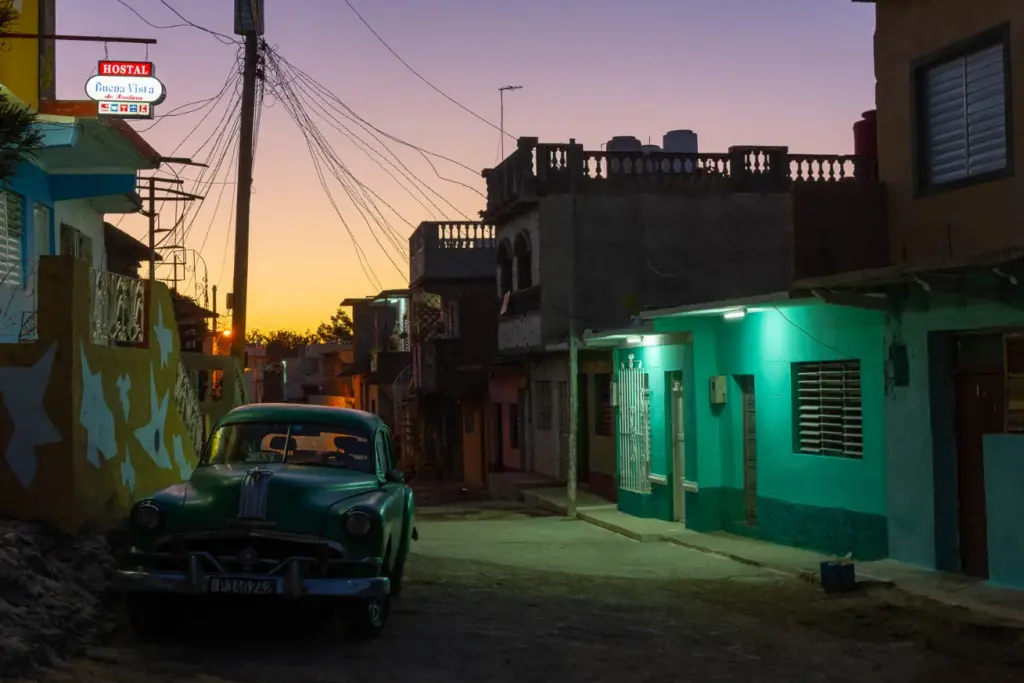
3. Street photography is exciting yet unpredictable. What according to you is one of the must-have skills that a street photographer should learn?
Patience the ability to predict patterns in the environment and the confidence of when to make the exposure.
Also, learn to edit! Lots of photographers think they have this skill because they take nice photos. The two could not be more unrelated. One is emotional, the other pragmatic. Learn to edit like a pro and you will level-up instantly.
4. Your work has been featured on BBC News. Could you share your experience with our readers?
The BBC has been amazing to me over my career; from my first book launch in Borough Market, London, they were there, to interviews of upcoming projects and finally my second London at Dawn book launch. Working with the BBC has always been a great honor for me.
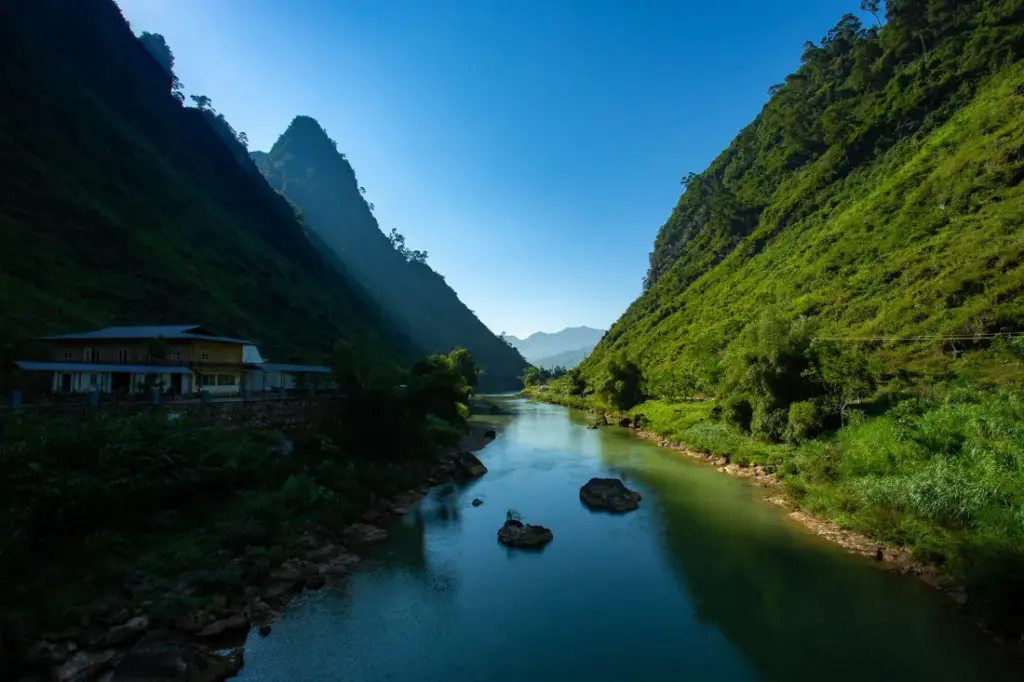
5. From the experiences you have had in your dawn escapades is there a story that you would like to share with us?
One morning very early into shooting my first book, London at Dawn, I met two IT guys on a Sunday morning who had been out ALL night celebrating.
They asked me what I was doing out before the sunrise with all that gear and I told them I was making a book about London in the morning.
They insisted on being in my book so they dropped their near-empty bottles of wine (nowhere near their first!) and proceeded to climb the nearest tree.
I was a bit shocked. But the timing was perfect – the Sun was just rising. I made one of my favorite images for the book. Called it Treemen.
6. You prefer capturing cityscapes at the dawn. What is it about photographing a city at this time of the day that you love the most?
For a long time, I shot cityscapes at dawn. It is the feeling of being out there when everyone else is still sleeping.
Then heading back home with many great shots in the bag as the city just wakes for breakfast. Plenty of people in my workshops have also experienced this feeling. They feel Elite.
But in a good way, like “wow, I’ve accomplished so much already and the day has barely started!” It’s a great feeling. Plus it’s the best light of the day!!
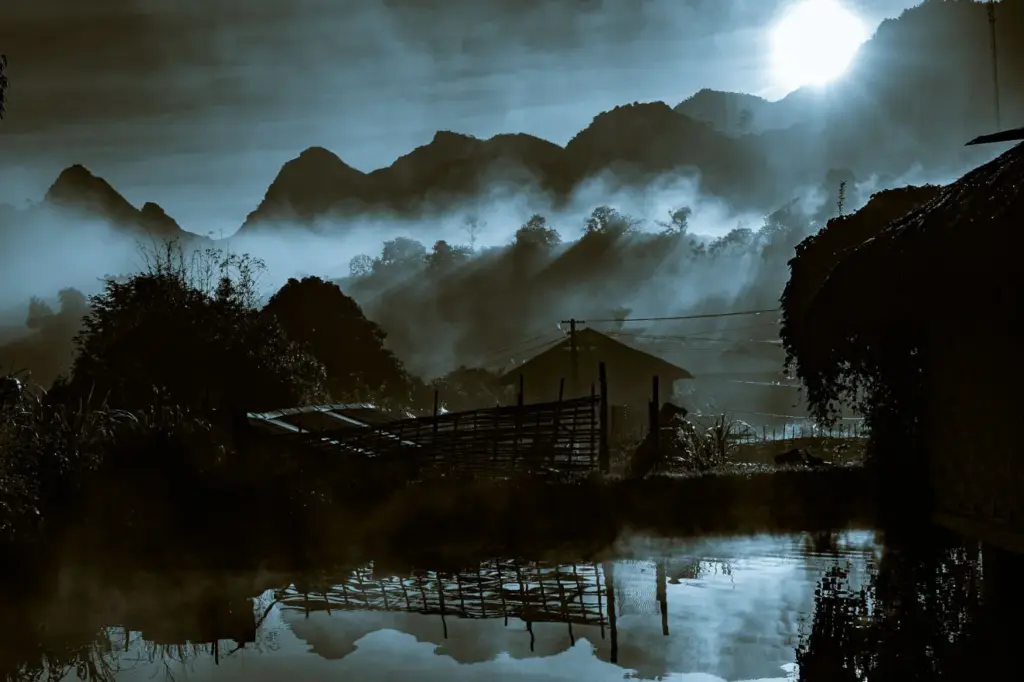
7. How has shooting at dawn changed your worldview and your approach towards photography?
I guess what it has done for me the most is taught me the true value of great light. Before I thought of light as crucial and necessary for good photographs but now it is almost divine to me.
I have had some deeply spiritual moments witnessing the ethereal light of dawn break over the Hagia Sophia in Istanbul or the mesmerizing colors of a winter’s daybreak in Venice.
Also, shooting cityscapes especially when the streets are empty really lets you get into the beauty of a city without the bustle and noise that all city dwellers share in.
It is a very liminal experience. Eerie and stunning, resulting in some amazing cityscapes.
8. You also provide travel photography workshops around the world. Could you tell us a bit more about it?
I love teaching and I help people connect with their inner artist. I don’t go on about gear at all. I focus on the skills of observation and how my students can become instantly better photographers with just a small tweak in mindset.
You can’t shoot it if you can’t see it, yes? I teach people how to see.
I’ve traveled all over the world for many years capturing cityscapes, and I have now a really incredible collection of workshops in my favorite places.
It’s really important to me that I help people take big leaps in their photography knowledge, but also to have interesting and rich traveling experiences.
Even though I go to these iconic places, I don’t want people in my workshops to feel like tourists. I want to immerse them in the feeling and atmosphere of the place we are in.
To meet people, make connections have local experiences that make them understand and capture the location we are in in a way that feels unique and special to them. To travel as an artist does.
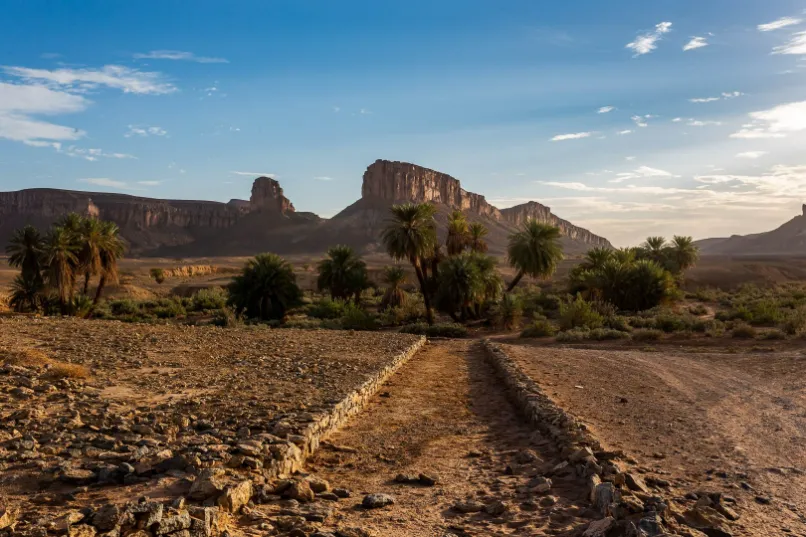
9. What is your usual go-to gear when you head out for shooting at dawn?
It’s not sexy, but the tripod is my favorite piece of kit; the options it gives me are surpassed by nothing else, not even the camera. Totally unsexy, I know, but it is as essential for me as my sexy camera.
10. You have been traveling across the world capturing cities such as Paris, London, and Havana. Is there any city that you love capturing the most?
London. I have never been to a city as diverse as London. The history is in its architecture, the ancient almshouses next to futuristic glass office buildings.
People from all over the world make their home and bring their cultures to London. No place like it in the world, and I just love the street art in the East End.
It’s always changing and always really cool. There are prettier places, sure, but it is rare to find a city more full of photographic opportunities. I’ve had a chance to see some stunning cityscapes in London.
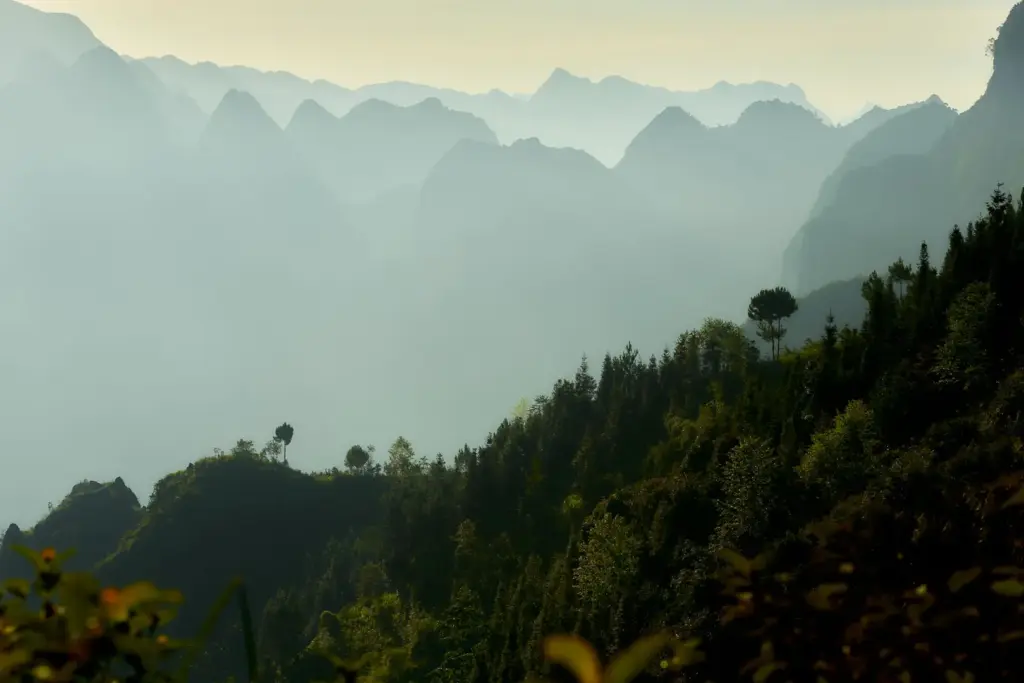
11. If you have to share your top 3 tips for street photographers, what would they be?
The first tip, always remembers that you want the viewer of your photos to have an emotional reaction to it – that is what makes it memorable. Try to capture emotion in whatever you choose to shoot.
Second, slow down. Your photographs will only be as good as your skills of observation. Be present and keep your attention on your intention of capturing something wonderful.
Being a great observer is a skill that is developed alongside camera skills and is just as important, if not more so.
It is not camera skills that separate the professional from the amateur but observational acumen – the ability to notice, predict and construct the image before it actually manifests in reality. Very cool!
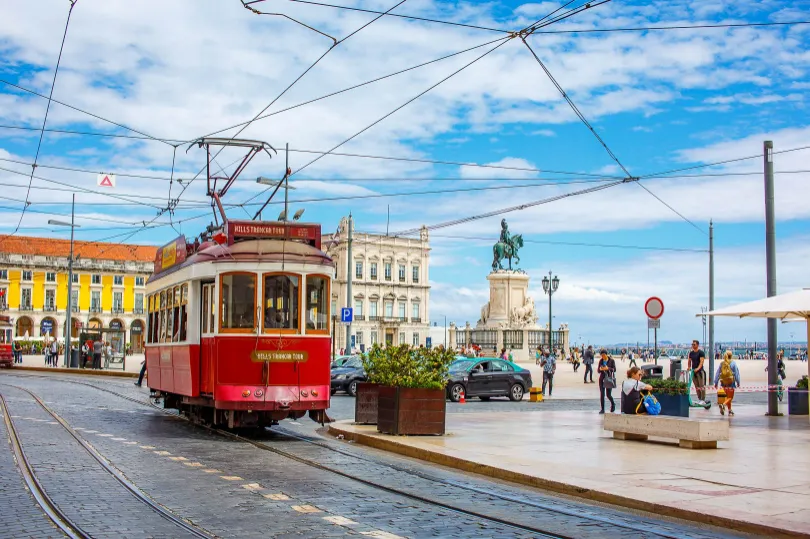
Lastly, shoot for yourself. Social media has largely twisted what it means to create photos: If you are doing it for thumbs and badges, then you need to rethink why you want to create photos in the first place.
Shooting for others is a quick way to burn out and bore yourself out of a passion. All artists create from an inner fire. This is your motivation and inspiration.
I have a really useful and instructive eBook that distills my photo philosophy and gives you a clear way to make beautiful and impactful photos.
You can get it for free when you join my mailing list. And you can check out my travel workshops & lots of free photo teaching on my website.
